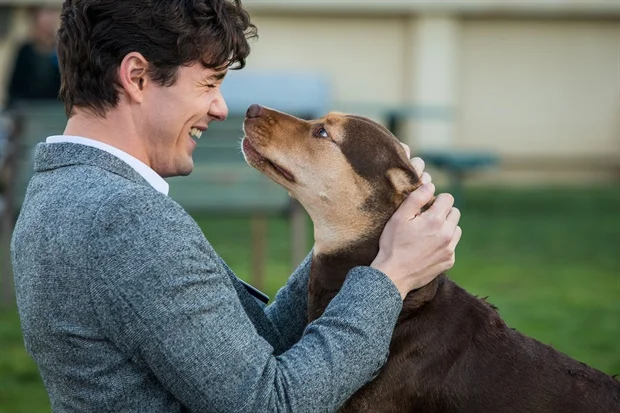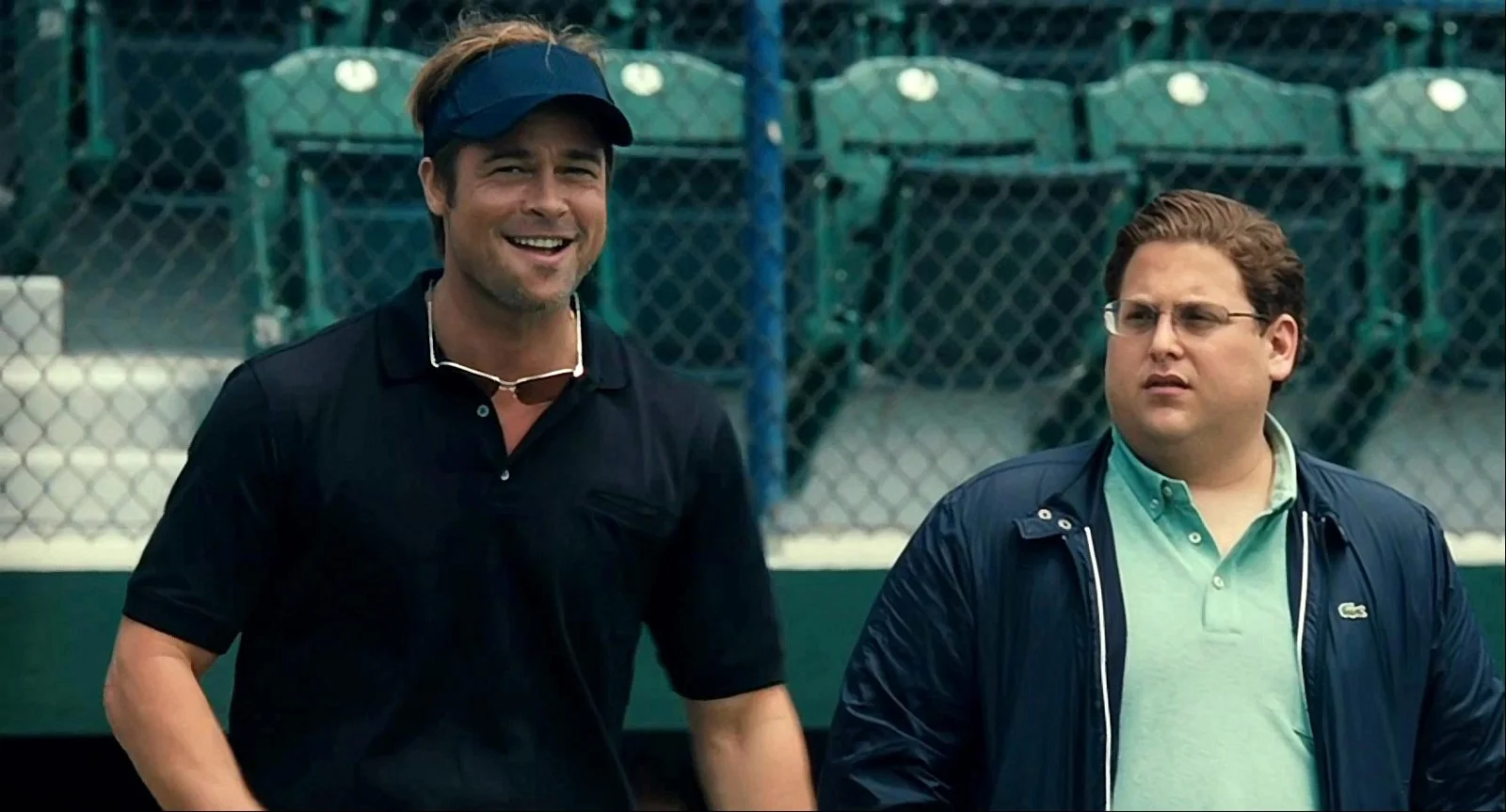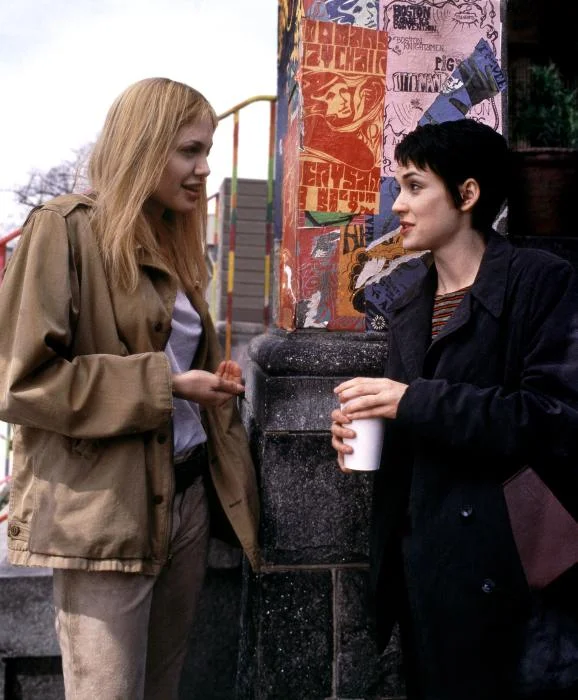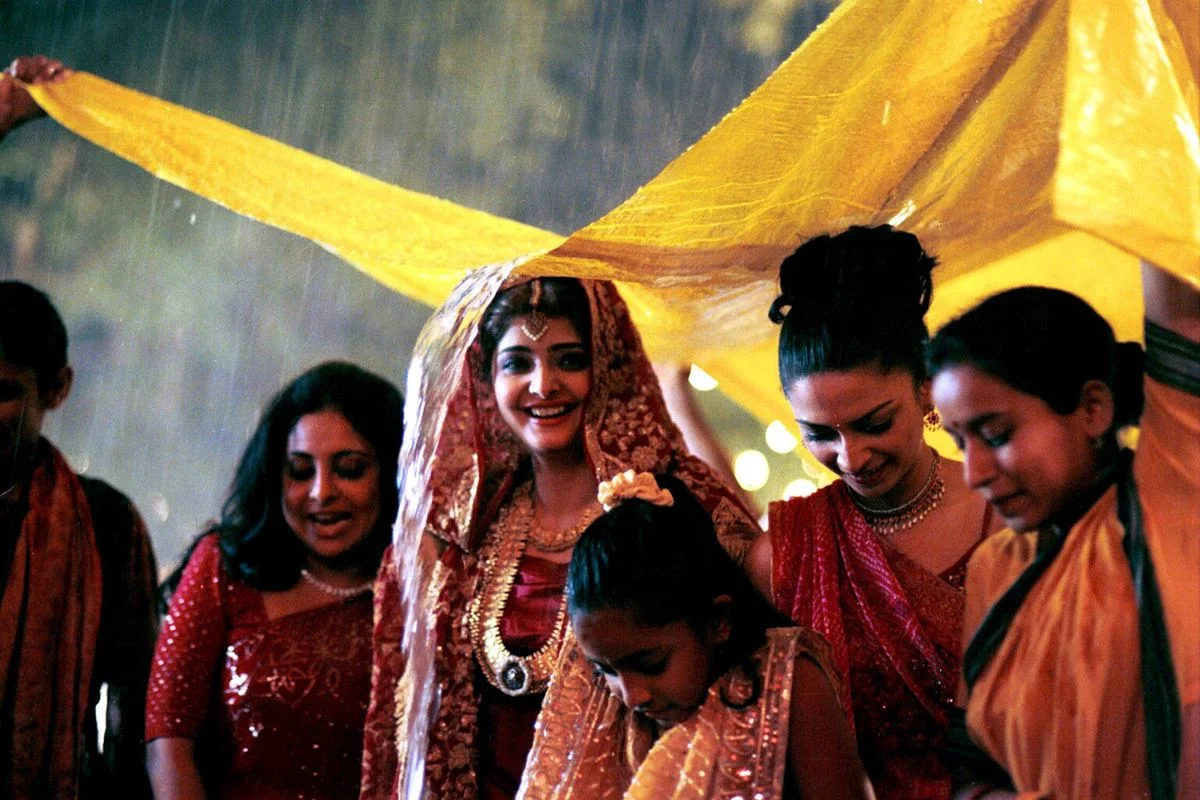Mychael Danna
Mychael Danna is the masterful Academy Award, Golden Globe, and Emmy winning composer widely regarded as a pioneer of genre bending and blending in film music. He is the audacious sage behind a vast array of distinguished feature films including Life of Pi, Little Miss Sunshine, Girl, Interrupted, Moneyball, Capote, Monsoon Wedding, The Imaginarium of Doctor Parnassus, Chloe, Transcendence, and Vanity Fair. Breaking onto the scene in 1987 with his score for Atom Egoyan’s indie drama, Family Viewing, Mychael’s cross-cultural sensibilities and talent for sonic storytelling attracted collaborations with visionary directors including Ang Lee, Bennett Miller, Terry Gilliam, Mira Nair, and James Mangold. Mychael’s entrancing scores possess their own narrative integrity and continually defy convention through hybrid tapestries of global artistic traditions, orchestral treatments, and electronic minimalism. In 2014, he was awarded an honorary Doctorate from his alma mater, University of Toronto for his profound accomplishments in music. In our insightful conversation, Mychael reveals how he conveyed the resilience and discipline of Ruth Bader Ginsburg for Mimi Leder’s On The Basis of Sex and the value of having “a guiding intelligence” that underpins your creations.
Source: Nicholas Skalba
Congratulations on your score for On The Basis of Sex, which explores the early life of Supreme Court Justice, Ruth Bader Ginsburg. What attracted you to contribute your talents to this film and what was the most illuminating aspect of collaborating with the director, Mimi Leder?
Well, I think this is an important film, and what I find very compelling about it, is that it doesn't preach in any way. It just presents. This is the story of someone who made a difference a generation ago, that we're living with now. We’re understanding how that happened and who that person is. It's presented as a historical biopic, but it's impossible to watch the film without feeling the reverberations and resonances in the landscape that we live in today.
First of all, I've been to many public screenings of this film, and what's amazing is how women are very often moved to tears because they literally feel the direct connection to their own life. That they would not be working in whatever field they're in, a lawyer, a doctor, a screenwriter, whatever it is they do, without the direct case that’s portrayed in the film, and the work of Justice Ginsburg. I think men can watch this film and also have an intellectual appreciation and understanding for it.
On that level, it's something that has a great deal of meaning for certainly half our population directly, and our entire population indirectly. You can't help but contrast the way Ruth Bader Ginsburg conducted herself and her business, and her making a fundamental change in American law and life, but in a way that was not only civil but reasonable and reasoned. It was based on facts, and rhetoric, and argument, and disciplined reasoning, as opposed to hysteria or lowest common denominator politics.
There's something really inspiring about her as a person, and how she managed to do this. The case she makes is quite brilliant — it's something I have to say that I learned by watching the film. The basic concept, the fundamental cornerstone of it is that the law does not change society, but society changes and then the law must reflect that. America is built to be able to change and develop. The Constitution, the way the country was designed, it's designed to be able to develop. So, as she says, "Look out the window, society has already changed,” the law isn't the place to decide whether we want that or not. It's already happened. The law needs to reflect what's outside the window there, and it doesn't. It's reflecting an America that doesn't even exist anymore. So, that was a light bulb moment for me, I'd never thought of that before.
Sometimes, it's so easy to make films about bad people, and that has been a common theme certainly in the last generation of filmmaking, that we have been tired of portraying heroes and more interested in anti-heroes, and so on. So, it is refreshing to have something like this, and it's not a whitewashed job. This is who she is — somebody that's inspiring, someone to look up to, and someone to model your own way of thinking on. I think it's a wonderful film, and it was really fun to work on. It was inspiring to write this music, to portray this really important person in American history.
Many films in the legal drama genre feature rigid music that has a predictably triumphant and militaristic quality, but On The Basis of Sex possesses a warmth that enhances our capacity to connect and invest in Ruth's journey. Can you elaborate on the specific musical devices you chose for such a trailblazing, historic female figure?
It was fun to write this music and try to capture her energy and focus. She was so tough — it was unbelievable. In a lot of ways, she really lived a groundbreaking life, but all within the lines of civility and system. It makes her a really interesting person to portray, musically.
In the first scene, Ruth Bader Ginsburg walks up the steps to the sound of a marching band. That kind of music is traditional; it’s based on authority, government, military — a masculine world. Through the film, we make that music hers, that marching band feeling, the snare drums and brass start to play her theme. That was the concept of it, which you may or may not notice when you watch the film, but that was the idea of how the score was designed. It matches the discipline of her, and the genesis of the whole score springs from that idea. We recorded the actual Harvard Glee Club and Marching Band in their space on campus.
If I’m not mistaken, your theme, “The Times Have Already Changed” goes from C to A minor to G sharp to F, then a C with an F in the bass to G, and it reappears in other cues. What generally came first — chord progressions, melodies, harmonies — during your process of writing thematic material for On The Basis of Sex?
Yes, that’s right. I think it can happen in different orders, different themes that you're working on. With that particular theme, there was something about the melody trying to break through a glass ceiling. It keeps going up but feels like it’s almost hitting a limit, and trying to break through that, and then you’ve got a circular chord progression that goes underneath. The chords are a bit unusual and not exactly what you’d expect, but that feeling of persistence that comes through their cyclical nature reflected her personality — something disciplined and focused that has a direction that never gives up, that keeps up the energy through repetition. There is also a striving quality to the melody like it’s breaking upwards through something. Some of those things are designed, and some of it subconscious. Frankly, when you reflect on a lot of the stuff you think of afterward, you go, “Oh, yeah. That’s what it’s doing” and understand why it feels right.
Writing themes can be so mysterious. You can read about programming, or orchestration, or arranging, but there are really no books on writing melodies. Nobody really knows. We've all been doing this for many years, and we still don't know how it works. It's like trying to capture sunlight in a bottle — it’s a mysterious thing. Intellectually, you can figure out why it works later on, but while you’re doing it, I don’t think it’s a part of the process. It is more of a visceral thing and an instinctual thing.
As much as it would be nice to have the option, you can’t design it on a computer. That’s something we still need human beings for. You can have all the conceptual design you want, and that’s my style, but it has to feel right. I definitely am a conceptual composer, and I'm always working to a set of intellectual ideas. It's just the way I work. I think that's a good thing, but on the surface, it just has to feel right for the scene. It has to check that box before it starts checking off any more profound things. It has to match the emotional temperature and pacing of it, and pass the sniff test of, “Does this feel right?”.
A Dog's Way Home is a family-friendly tale of a puppy named Bella, who is taken in by a young boy. When she is separated from her owner, she embarks on a 300-mile journey to find her way home. Hollywood has a long-standing tradition of making films that pull on the heartstrings of dog lovers and highlight the unconditional love an animal can provide. What were your intentions in crafting this sentimental score and what themes in A Dog's Way Home did you find to be the most touching?
It is a classic movie. The dog movie genre is very often the same plot over and over again — the Lassie Come Home plot. Sometimes it's not, but very often it is. It’s a genre that’s time tested — it really works. You watch the movie with an audience, which I did last weekend, and people are yelling at the screen — they get emotionally involved. It's a film that everybody is on the same page, no matter what their background or affiliation is. I would say pretty much all of us are going to feel emotionally connected to a little puppy that we see grow up.
It's a very unifying film in that sense. You really can feel the room just come together on that. So, because it's a classic genre, I wanted to write a classic film score — melody driven, something that is simple to follow. Simple doesn't mean inferior. In fact, sometimes, if not always, it's hard to write simple music that's good. So, it was a challenge in its own way, and I feel like I learned a lot about writing while working on the film. I was just trying to keep things really simple and made it a rule not to have more than one thing going on at once. It was a challenge to keep it to basic colors, emotionally. The main theme is Bella’s theme, which gets bounced around in different guises, different moods, and colors. It’s a lovable theme — something that’s warm, that sums up how she feels, and how we feel about her. It stays with you throughout the whole film.
In 2013, you received both a Golden Globe and an Oscar for your mesmeric hybrid score for Ang Lee's transcendent Life of Pi. Can you detail the phases of experimentation you engaged before reaching the final product? Were there any particular scenes in the film that challenged you to produce something outside of your comfort zone?
Well, in a way I think Life of Pi was a summation of all my work up to that point. I don't think I broke any new ground. I didn't use any instruments or styles I hadn't already worked with, but it was, like I say, a summation of everything I'd done up to that point. The east and west combined together, the different ensembles, gamelan, western orchestra, Indian percussion, and vocals. It's a very profound story and profound book, and the music certainly had to reflect that depth and that spirituality, but it also had to work on the surface for each scene.
It was a challenge in that way, to balance those two things — the deeper philosophical issues and themes that were being worked on through the film. The narrative story also beats, and then there’s the main character, who is ultimately an innocent. He’s someone we sympathize with because we can see one step of the journey in front of him, and know how difficult it is. We feel compassion for him and a connection to him. The music had to have a sense of compassion while watching this young boy go through all this grief and torment. As Ang [Lee, director of Life of Pi] would point out, we have to be compassionate to our audience too.
It really took a long time for it to start working — the film, as well as the music. There was a long period of time where it wasn’t really coming together in any way, including the music. We were persistent and kept trying. Eventually, we started to unlock certain things, and it all started to fit together right near the end of the process. It was a gratifying thing to see happen, and to feel the film work the way we’d hoped it had for the previous two years. It’s a demanding watch in some ways, but it is really something that’s memorable and affecting.
Your composing approach is inclusive of musical traditions from around the world — India, Indonesia, France to name a few. Can you tell us about your adventures in ethnomusicology? Which instruments and techniques have been the most difficult to negotiate and weave into your repertoire?
I think the secret to working with non-Western musicians, is that you have to go to them, musically speaking, and not try to drag them into your world. I think you need to educate yourself about their musical culture, about the place of their instrument within that, the place of their music within their culture, what the purpose of it is, and really understand the underpinnings of each instrument. And then, when you choose it to be featured in your score, then there needs to be a good reason why you're picking that particular instrument from that culture. I think there's that sense of background work that needs to be done, but once you do that and you basically cast the correct instrument as a character in your score, then having them do their thing, as opposed to having them do your thing, is the best way to work.
That's what I always try to do, and I haven't had difficulty in that sense. I think if you do the preparation, then you can work with pretty much any instrument. If you’ve done the research, and you have a conceptual reason and rationale for using it, as opposed to just randomly throwing a duduk in your score, then I think you’ll be fine. That was a pretty popular thing to do for a while. Like I said, rather than making them play your Western melody, it would be better for them to work within their tradition. You should bend yourself to them more than the other way around.
I understand that you never had a proper mentor and learned your craft through independent study. On the other side of the coin, you have mentored several of your former assistants, who have gone on to enjoy success in film music as well, most notably Rob Simonsen and Andrew Lockington. What are the benefits you reap from creating opportunities for future generations of composers?
Well, it is an extremely gratifying thing to watch somebody else develop and grow, and find their own voice. I'm not interested in making clones of me, and I haven’t done that. Everyone that's gone on to have their own career has their own character, and that's the goal of all of us as writers. Helping people find that and be able to realize that, is something that feels really good, especially being able to watch their success and understand that you helped them get there. It’s also hopefully helping to make film scoring better in the world, and I think I have.
I had a teacher in college who would question every note I wrote — “Why is this note here? What is it for?”. I would ask, "Well, what do you mean? It sounds good”, and it would be like, ”Well, that's not enough. You have to have a reason to explain why this note is here.” That's something that stuck with me — that conceptual underpinning. You have to be able to have a rationale for everything that you do, and every choice you make. It's something that I've hopefully passed on to these guys, and I think I have. They're not just writing music randomly that happens to be put underneath a picture; there is a master plan, there's a guiding intelligence to the whole thing.
It also means I get free dinners. I went out to dinner with Rob Simonsen last night, and I said, "Well, let's split the check.” and he said, "No, I'll get it because I have a number one movie this week.” I only had the number three and the number six movie this week, so Rob won.
That’s a thoughtful way of putting it. It’s like you’re planting seeds and offering them guidance without interfering with their unique voices.
Yeah, I have two sons, and it's the same thing. They are who they are, and that's the way it should be. You're not trying to change who they are. You're just trying to make them the best they can be. You just help them develop and get them where they want to go. That's the point of a parent or a mentor. Everyone has their destiny to fulfill, and you have to allow them to follow their instincts. You can’t direct someone and tell them exactly what to do, but you can certainly lead them and give them techniques, as well as experiential advice to get them there.
Film music is ultimately driven and shaped by the power of storytelling. What are your methods to uncover what a story demands musically?
The answer is in the question, and it's a great question. What we do is all about the storytelling. Every decision that we make has to be based in the story. So, that should answer every question you have when you're writing a score when you're coming up with the concept when you're deciding whether the next note should be a C or a D. The story will be the answer to that question.
It's a matter of coming to a profound understanding of that story, and the themes that underpin the superficial aspects of it. The deeper you understand it, the more accurate, the more authentic to the story your score will be. And that is the goal, to have a score that is telling that story and no other.
In terms of grasping the story, what do you find to be most useful — reading scripts, watching the visuals? What is most important to your creative process?
I don't like reading scripts. It's a completely different thing. What ends up on film is all that matters. What I'm looking at and feeling through the medium of the film, is the thing that dictates what it is that we're working with, musically. The story on paper is often entirely something else. I find it's confusing to live in that world of the script. It almost doesn't matter because what's here is what we have, and that's what we need to react to. What we see, that's the story that we have to tell. For me, it's all about the story, and the story is all about what you have in front of you onscreen. For instance, reading and understanding the book for Life of Pi was important. That can be baked into what you’re doing in a deeper way, but what’s on the screen is by far the most important thing because an actor’s performance can take words on a page and change them quite profoundly.
What’s next for you, Mychael?
This year, I’m collaborating with my brother, Jeff on two animated films, The Addams Family for MGM, and another one I can’t discuss quite yet. We are super excited about both of these — animation is something I really enjoy working on. On my own, I’m scoring Guest of Honour for my longtime/ first-time director, Atom Egoyan. All these films, however, are too early on to talk about approach. Also coming out this year is Gideon Raff’s Red Sea Diving Resort. I got to explore Ethiopian music and mash it up with some electronica. That was really fun!
Interviewer | Paul Goldowitz
Research | Ruby Gartenberg, Paul Goldowitz
Editing, Copy, Layout | Ruby Gartenberg
Extending gratitude to Mychael Danna and Jeff Sanderson of Chasen & Co.






















